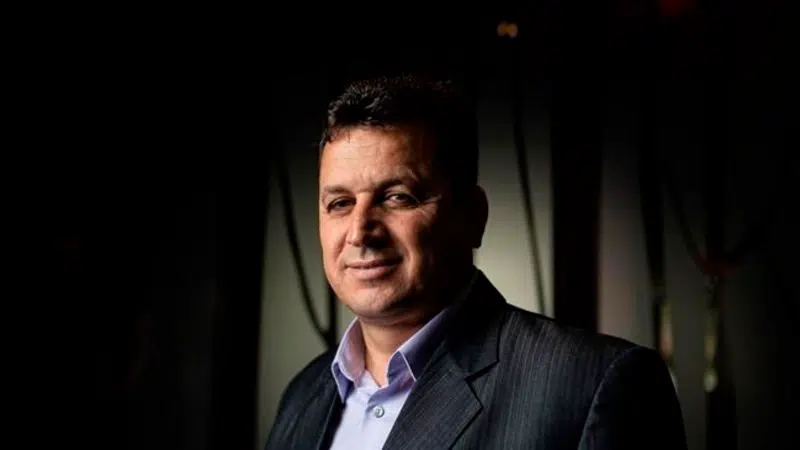
Ethnic media aim to help maintain boost in voting by new Canadians
OTTAWA — Zuhair Alshaer spends most of his day editing articles and organizing interviews with politicians for his Ottawa-based Arab Canada newspaper, to introduce Arabic-speaking new Canadians to federal politics.
The community Alshaer’s paper serves is growing — more immigrants are arriving in Canada from Africa, Asia and the Middle East than ever before, surpassing Europe that was once the dominant source.
And it is also becoming more politically engaged: The voting rate of immigrant from West Central Asia and the Middle East increased to 73 per cent in the 2015 election from the 57 per cent recorded four years earlier, the largest increase among the 10 immigrant regions studied by Statistics Canada.
For Alshaer, and other ethnic media outlets, all his efforts are aimed at helping Arabic-speaking new Canadians kick isolation and get involved in politics.
